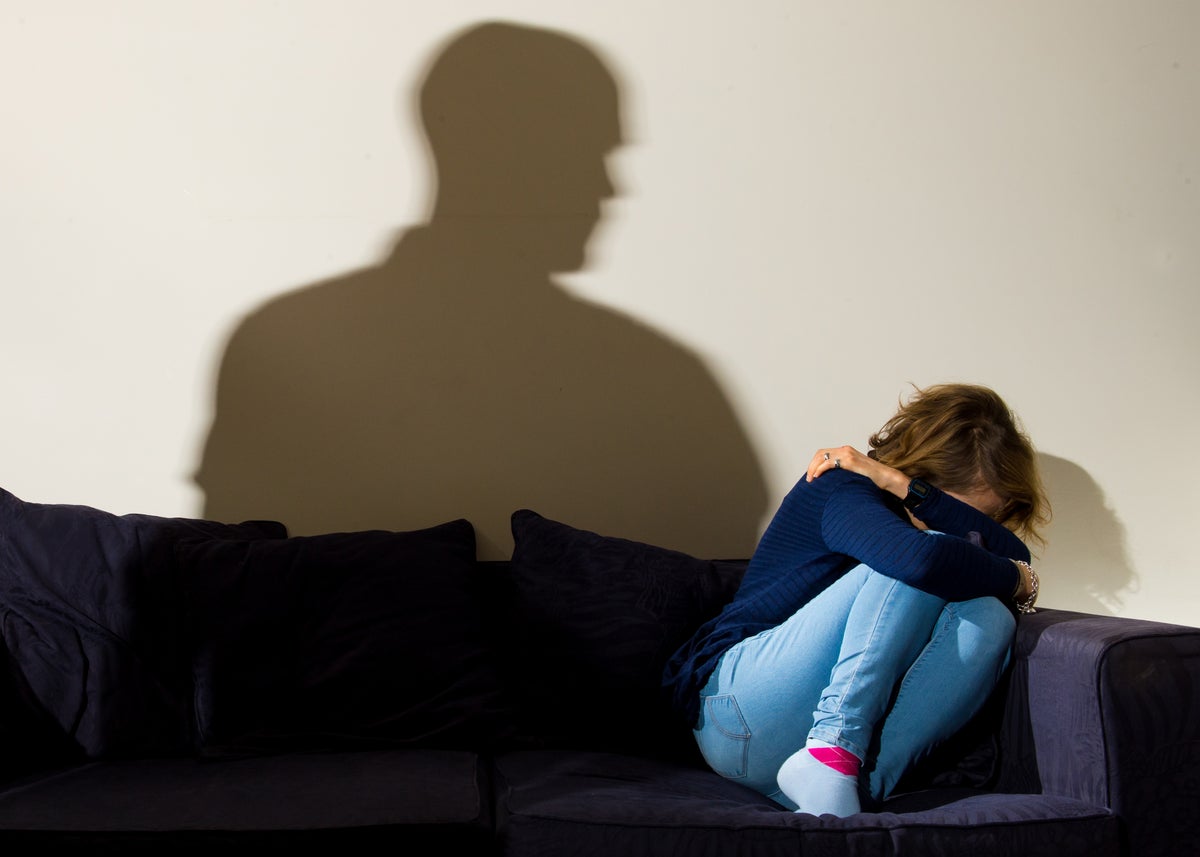
Almost half of Black and minority ethnic domestic abuse survivors say police have failed to take their complaints seriously, according to new research.
The study, conducted by Victim Support, found domestic abuse victims are having to report their partner’s violence and abuse to the police three times before action is taken.
Researchers, who polled 1,000 domestic abuse victims, discovered that 48 per cent of Black and minority ethnic (BME) people surveyed thought the police behaved differently towards them as a result of their heritage.
While just over half of those polled went to the police to report domestic abuse at least twice before they thought officers took the right measures. Around a quarter reported an instance of domestic abuse to the police three times or more prior to suitable measures being rolled out.
Victim Support, the country’s largest domestic abuse service provider, found that more than one in ten of those polled felt police failed to take the correct course of action.
Chloe*, a domestic abuse survivor, said she felt repeatedly judged and let down by police - warning that as “a tall Black woman” officers “don’t think as much care needs taking over you”.
The 30-year-old, from London, said her reports of domestic abuse to the police were dealt with poorly for a decade. She claimed she was “a million per cent” dealt with differently due to her race, saying she first notified the police of domestic abuse when she was 18 years old but was ignored.
Chloe said: “The first time round they didn’t take me seriously at all – they judged me off the fact that I was a young mum. They judged me off the fact that I was a careleaver.
“They told me, ‘you’re 18 years old, you should know better. He’s not the father of your child, so why would you be involved with him?’ They told me I should make better choices.”
She explained officers challenged her claims of domestic abuse because her abusive ex-partner was shorter than her and of a slim build.
“They kept on saying to me, ‘so you didn’t do anything to him, you didn’t retaliate back?’” Chloe added.
She explained her mistreatment, coupled with the decision not to prosecute her abusive ex, eroded her faith in the police and meant she didn’t seek support when in another abusive relationship.
“I thought this was going to be the same thing again and I didn’t want to put myself through it,” Chloe added.
But she did seek help when her partner’s abuse intensified into violence which put her life at risk Those claims were taken more seriously, she said, but the stereotyping persisted.
“I felt like I was judged off my appearance. I’m a tall 5 foot 10 Black girl, I speak very well, I present myself very well – just because someone presents themselves well, it doesn’t mean they’re not struggling,” she said.
“When they issued a warrant for his arrest, I wasn’t notified, so they put me in danger without realising. I was still in my property, I was still in communication with him, he still had access to my phone, and they’re just ploughing ahead and going and doing things without consulting me.”
Chloe said she thought if she had “looked a certain type of way, they would have been much more cautious in how they dealt with” her.
She said officers must “understand that victims come in all shapes and sizes and colours”, while domestic abusers “are all different shades, sizes and colours”.
Between two and three women are murdered each week by their partners or ex-partners in England and Wales.
*Chloe’s name has been changed to protect her identity
Anyone who requires help or support can contact the National Domestic Abuse Helpline which is open 24/7 365 days per year on 0808 2000 247 or via their website https://www.nationaldahelpline.org.uk/







